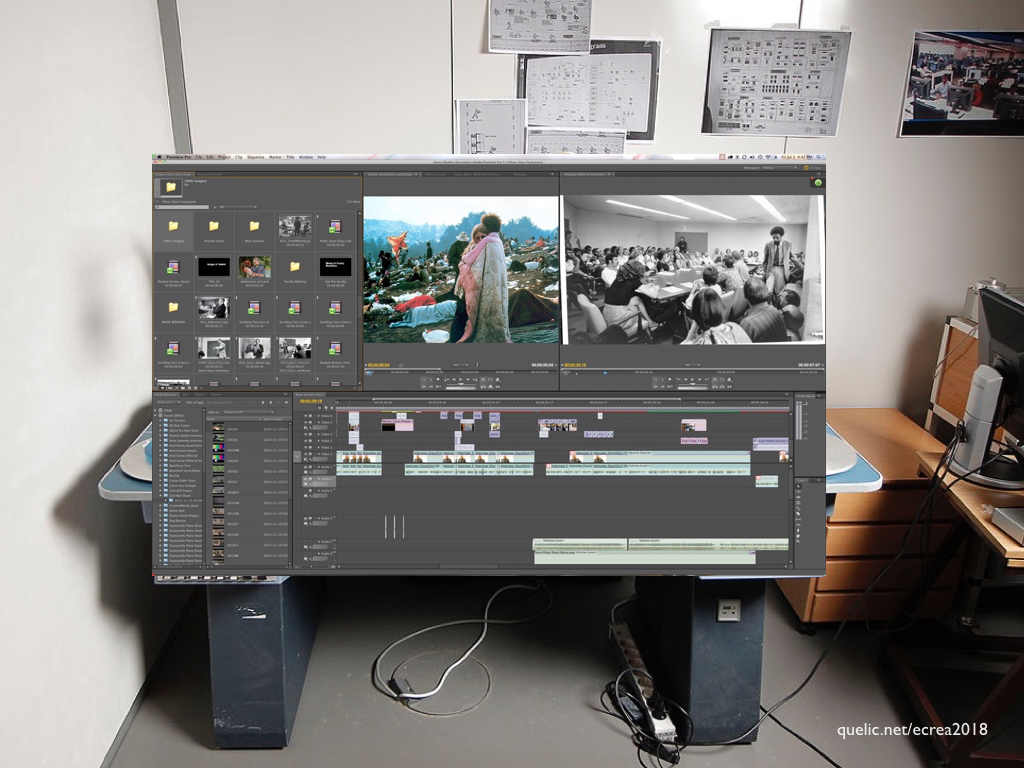(via FocaalBlog) In the general public, academics are often viewed as being part of an elite, who lives comfortable lives. In reality this is only true for a small minority of well-paid professors, while the situation for most academics rather ressembles those of other underpaid workers like cleaners or delivery or Uber-drivers – especially since universities are no longer run like public institutions but as corporations with managers and PR departments that all compete for being “world leading”.
UC Berkeley removes the name on a school building over an anthropologist’s controversial past
Only Half the Story – Rethinking the Relationship Between Digital Ethnographers and Their Devices*
Franziska Weidle**

In their initial post to this blog series, Monika Palmberger and Philipp Budka highlight, among other things, that “the incorporation and integration of technological devices and apps as ‘research tools’ have the potential to contribute to new modes of collaboration by ‘democratizing’ the relationship between researchers and research partners”. In a STS or even new materialist spirit and building on previous conversations, I would like to devote my response in this blog post to such “research tools”. In order to explore more explicit collaborative research methods in digital ethnography, it is my contention that we first need to question how we treat and incorporate digital devices into our research practices.

Over the past year, we have seen renewed organizing amongst Black and Indigenous heritage professionals as well as the emergence of new collectives globally. These efforts have led to new initiatives around capacity building, community engagement, and decolonizing research methodologies. In this panel members of these new and emerging organizations will discuss their genesis, initiatives, as well as challenges and opportunities associated with empowering their communities in archaeology and heritage preservation.*
* com tradução em português
Discover more from Erkan's Field Diary
Subscribe to get the latest posts sent to your email.


